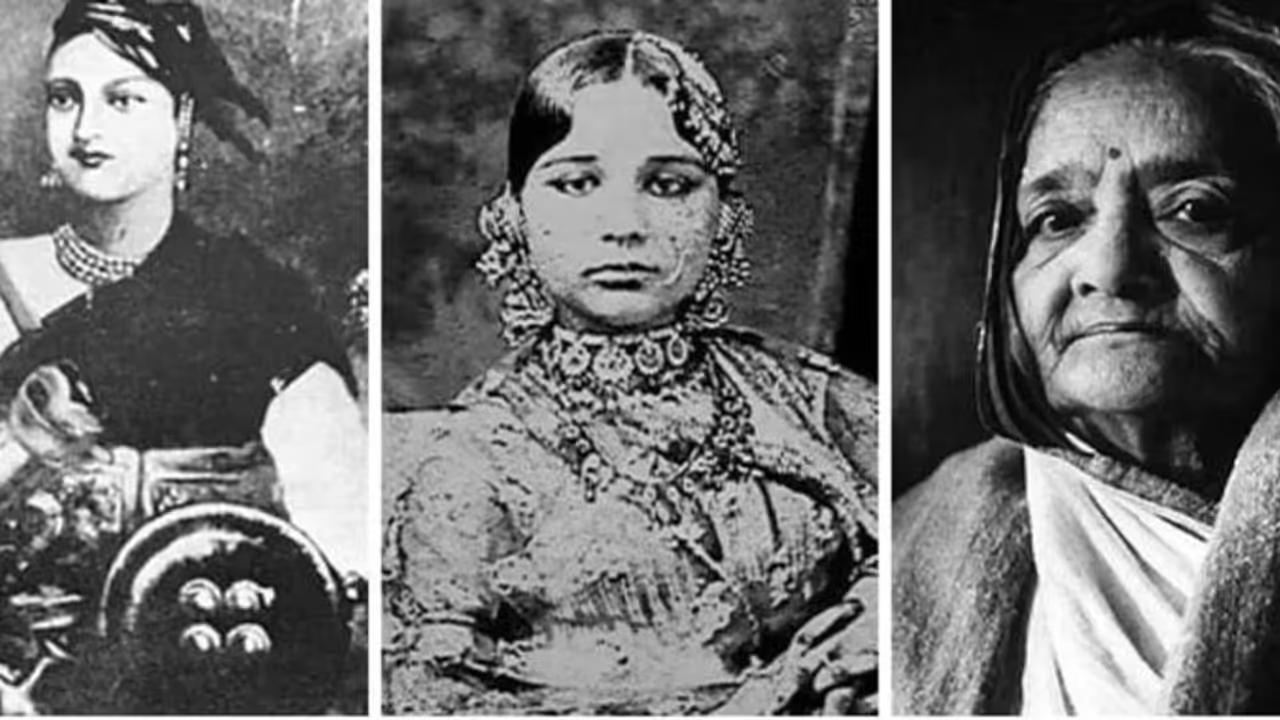India’s struggle for independence was shaped by countless brave hearts, and among them were fearless women who defied societal norms and fought for freedom. These women were warriors, revolutionaries, and leaders who played a vital role in shaping India’s destiny. Their sacrifices, resilience, and contributions continue to inspire generations. Here’s a look at ten remarkable women freedom fighters of India who dedicated their lives to the cause of Independence.
1. Rani Lakshmibai (1828–1858) – The Warrior Queen of Jhansi
One of the most iconic figures of India’s First War of Independence in 1857, Rani Lakshmibai of Jhansi led her army against the British with unmatched bravery. Despite losing her kingdom, she refused to surrender and fought till her last breath, becoming a symbol of resistance and courage.
2. Sarojini Naidu (1879–1949) – The Nightingale of India
A poet, orator, and activist, Sarojini Naidu played a crucial role in the Civil Disobedience Movement and the Quit India Movement. She was the first woman to become the president of the Indian National Congress and later, the first female Governor of independent India.
3. Kasturba Gandhi (1869–1944) – The Backbone of the Freedom Struggle
Wife of Mahatma Gandhi, Kasturba Gandhi was more than just a companion—she was a staunch activist in her own right. She actively participated in movements like the Non-Cooperation Movement and was even imprisoned multiple times for her role in India’s fight for freedom.
4. Begum Rokeya (1880–1932) – The Advocate for Women’s Education
A social reformer and educationist, Begum Rokeya emphasized the importance of women's education and empowerment. Though not directly involved in armed struggles, her work laid the foundation for women's participation in the nationalist movement.
5. Aruna Asaf Ali (1909–1996) – The Heroine of the Quit India Movement
A fearless revolutionary, Aruna Asaf Ali played a key role in the 1942 Quit India Movement. She is remembered for hoisting the Indian National Flag at the Gowalia Tank Maidan in Mumbai, inspiring thousands to join the movement.
6. Madam Bhikaji Cama (1861–1936) – The First Woman to Unfurl the Indian Flag Abroad
An ardent freedom fighter and advocate for India’s independence, Bhikaji Cama hoisted the first version of the Indian national flag at the International Socialist Congress in Germany in 1907, demanding freedom from British rule.
7. Usha Mehta (1920–2000) – The Voice of Underground Radio
During the Quit India Movement, Usha Mehta set up an underground radio station that broadcast nationalist messages despite British censorship. Her efforts played a crucial role in spreading awareness and keeping the revolution alive.
8. Kamala Nehru (1899–1936) – A Revolutionary with a Strong Spirit
The wife of Jawaharlal Nehru, Kamala Nehru was an active participant in the Civil Disobedience Movement. She led protests against the British, organized women’s groups, and worked tirelessly to support the movement despite her fragile health.
9. Durgabai Deshmukh (1909–1981) – The Voice of Social Reforms
Durgabai Deshmukh was a prominent leader in the freedom struggle and a strong advocate for women's rights and education. She participated in the Salt Satyagraha and later played a key role in drafting India’s Constitution.
10. Lakshmi Sahgal (1914–2012) – The Commander of the Rani of Jhansi Regiment
A leader in Netaji Subhas Chandra Bose’s Indian National Army (INA), Captain Lakshmi Sahgal commanded the Rani of Jhansi Regiment, an all-women battalion that fought for India’s freedom. She continued her social work even after independence.
These extraordinary women defied the odds, shattered societal barriers, and made immense sacrifices to free India from colonial rule. Their stories of resilience, leadership, and patriotism continue to inspire millions. Their contributions remind us that the fight for justice, equality, and freedom is ongoing and that every voice, regardless of gender, has the power to shape history.
